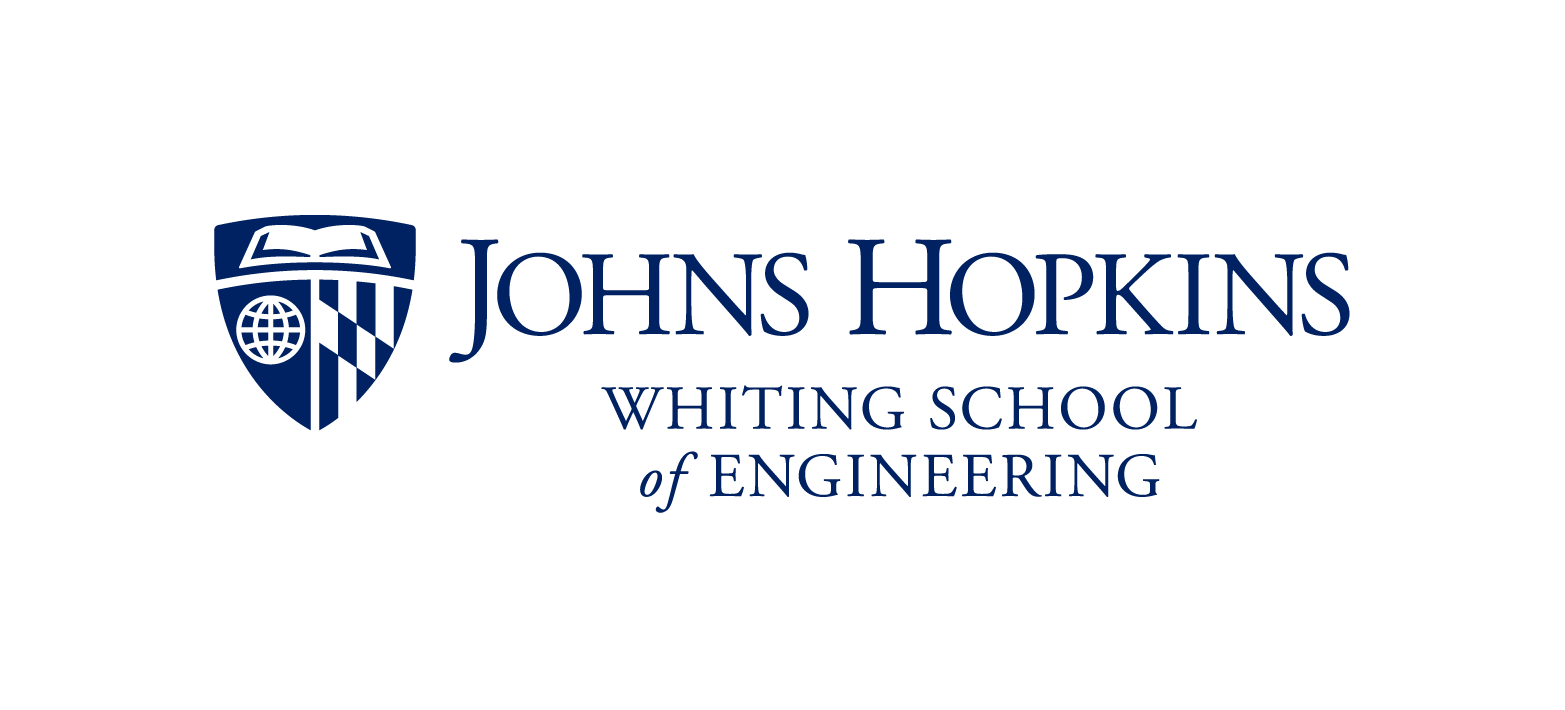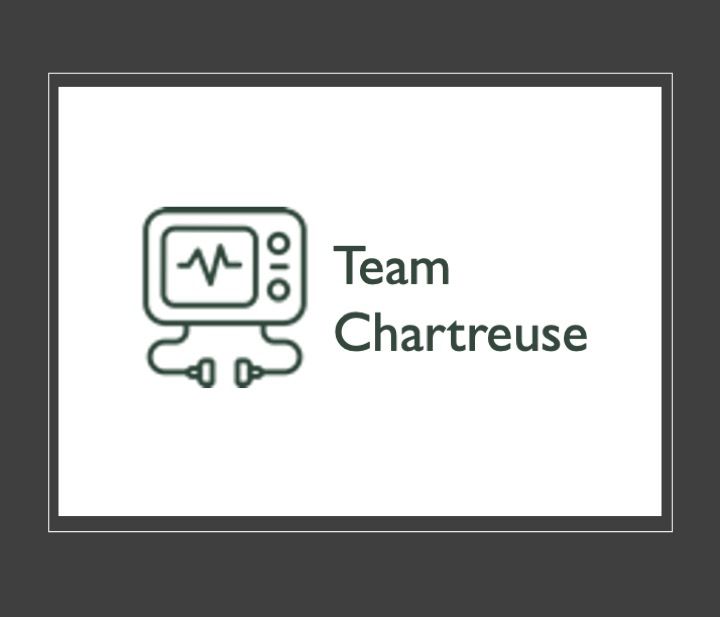Predicting successful weaning outcomes of patients on MV using EHR data and Physiological Waveforms
Team: Chartreuse
- Program: Biomedical Engineering
- Course: EN.580.480 Precision Care Medicine
Project Description:
Physiological waveforms are used to train a model to predict extubation outcome in order to help physicians predict when to begin the weaning process of mechanical ventilation.
Project Poster
![]() Open full size poster in new tab (PDF)
Open full size poster in new tab (PDF)
Project Post Summary:
Clinicians use a variety of indicators and have protocols for determining when to begin the weaning process of mechanical ventilation. Both delayed weaning and premature extubation results in exposing patients to unnecessary discomfort and increased risk of complications. The hypothesis for this study is that physiological waveforms observed during the weaning process play an important role in predicting the weaning outcome of the patient. The methods include incorporating Heart Rate Variability and Respiratory Rate Variability derived from the ECG and Breathing Patterns of the patients along with the clinical covariates derived from the EHR data. The model used in this study is an ensemble model comprising of a bidirectional LSTM with a LightGBM Classifier for the downstream task of classifying the extubation time of patients in 3 categories – less than 24 hours, less than 7 days and more than 7 days. The analysis shows an improvement of 10% in the accuracy of predicting successful extubation when waveform data is included as compared to when weaning outcomes are predicted solely based on the EHR data.
Student Team Members
- Ishan Shailesh Vatsaraj
- Siyue Zheng
- Sonal Sinha
- Julia Tao
- David Pu
- Ruitao Hu



